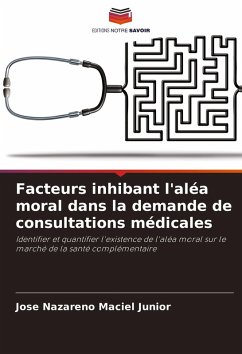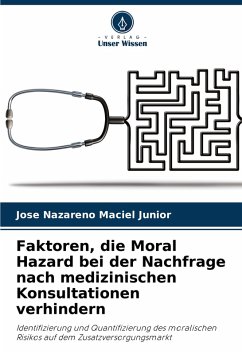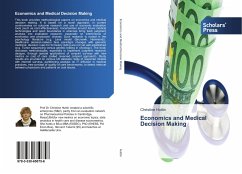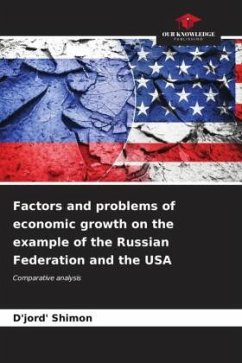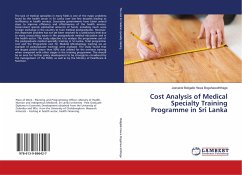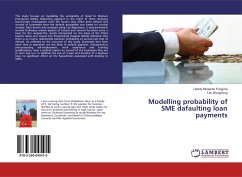
Factors inhibiting moral hazard in the demand for medical consultations
Identifying and quantifying the existence of moral hazard in the Supplementary Health Market
Versandkostenfrei!
Versandfertig in 6-10 Tagen
27,99 €
inkl. MwSt.

PAYBACK Punkte
14 °P sammeln!
The aim of this study is to identify and quantify the existence of moral hazard in the Supplementary Health Market by analyzing the demand for elective medical consultations. This study compares utilization behavior between plans with and without moderating factors, such as co-payment and gatekeeper. Counting models were used to measure overuse of medical services. Empirical data from the operator was collected, processed, described and analyzed to test the hypotheses raised about the efficiency of co-payment and gatekeeper in reducing moral hazard. The results showed significant effects of th...
The aim of this study is to identify and quantify the existence of moral hazard in the Supplementary Health Market by analyzing the demand for elective medical consultations. This study compares utilization behavior between plans with and without moderating factors, such as co-payment and gatekeeper. Counting models were used to measure overuse of medical services. Empirical data from the operator was collected, processed, described and analyzed to test the hypotheses raised about the efficiency of co-payment and gatekeeper in reducing moral hazard. The results showed significant effects of these two instruments, indicating a reduction of 0.31 consultations/year for the effect of co-participation and up to 3.89 consultations/year in plans with gatekeeper. These results are controlled by the characteristics of the users in terms of age, gender, marital status, length of time on the plan and history of use.





